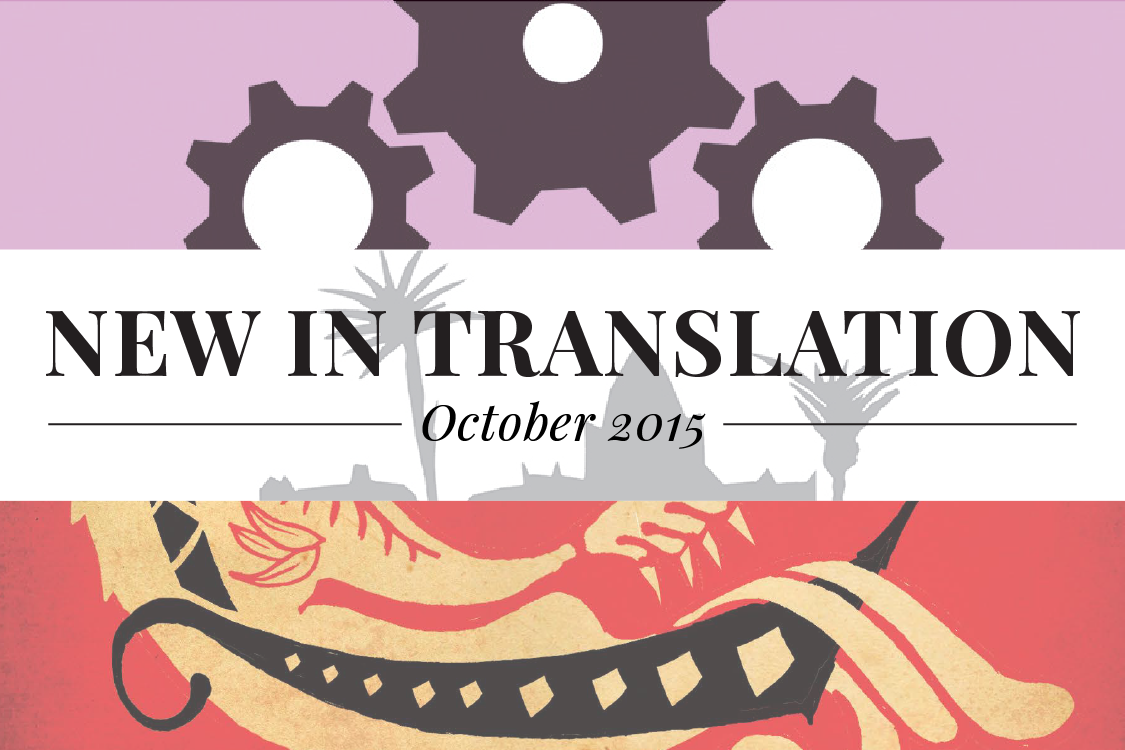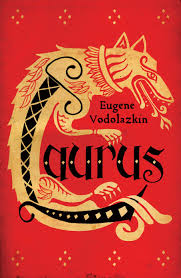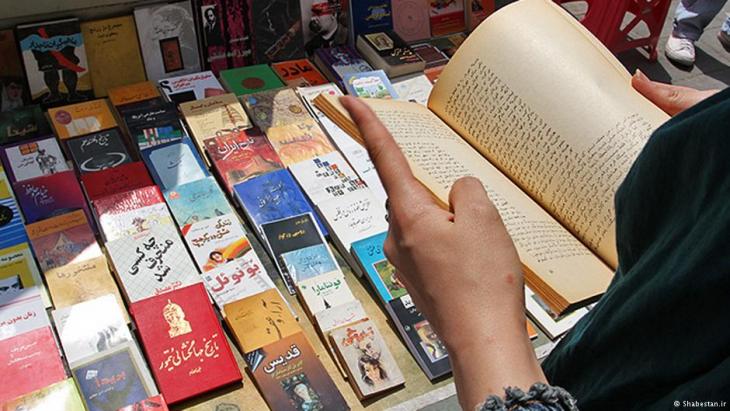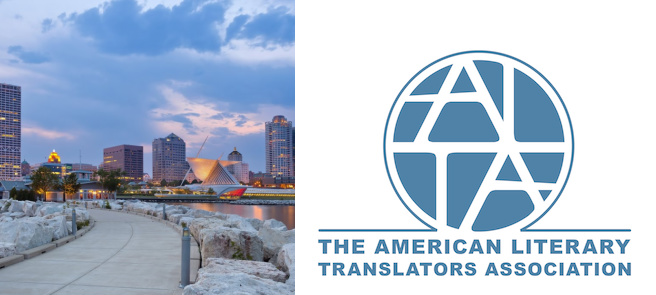To celebrate our seventh birthday here at Asymptote, the blog editors have chosen some of our favorite pieces from the Winter 2018 issue to showcase. This issue truly shines with a diversity of voices and literary styles, including a special feature on micro fiction, and it was such a pleasure for us to read through it. With work from thirty different countries, this issue has been gathered under the theme of “A Different Light.” Enjoy these highlights!
I’ve always admired Asymptote‘s advocacy for literatures that not only are underrepresented, but that take chances, resist easy reduction or interpretation by the reader. Poems that dare to be “the awkward spectacle of the untried move, not grace” (to borrow a phrase from American poet Don Byrd). Poets like Mohammed Khaïr-Eddine. The poems from Arachnid Sun shock me with their bold imagery, impelling me to read again and again. I latch on to certain repeated images: insect, illusion, blood. And definitely a noticeable theme of authoritarian rulers: “spider-eggs perfuming the silence the dictator” and “harpoon the king-shark who flees the riverbeds of polar scrubland.”













